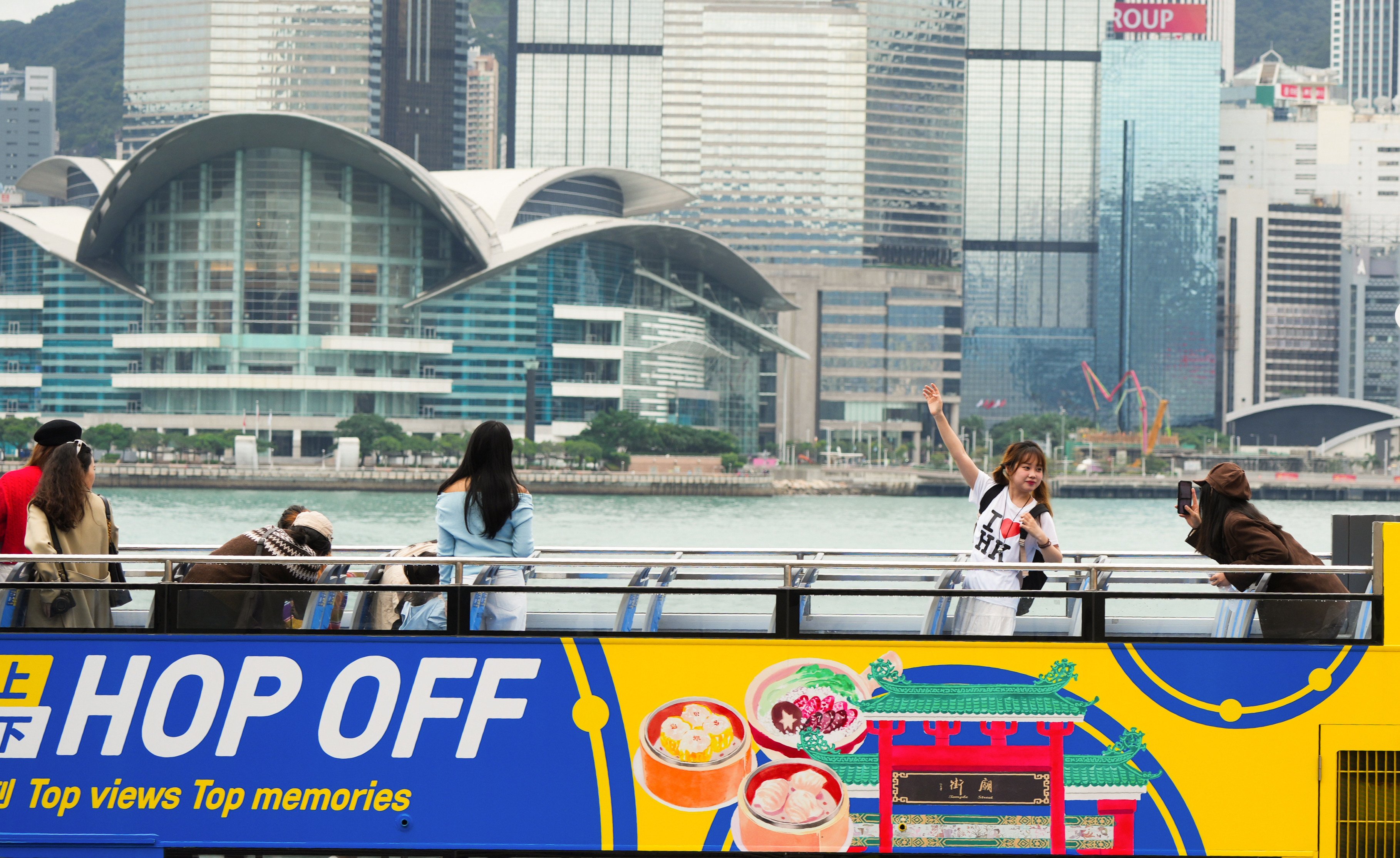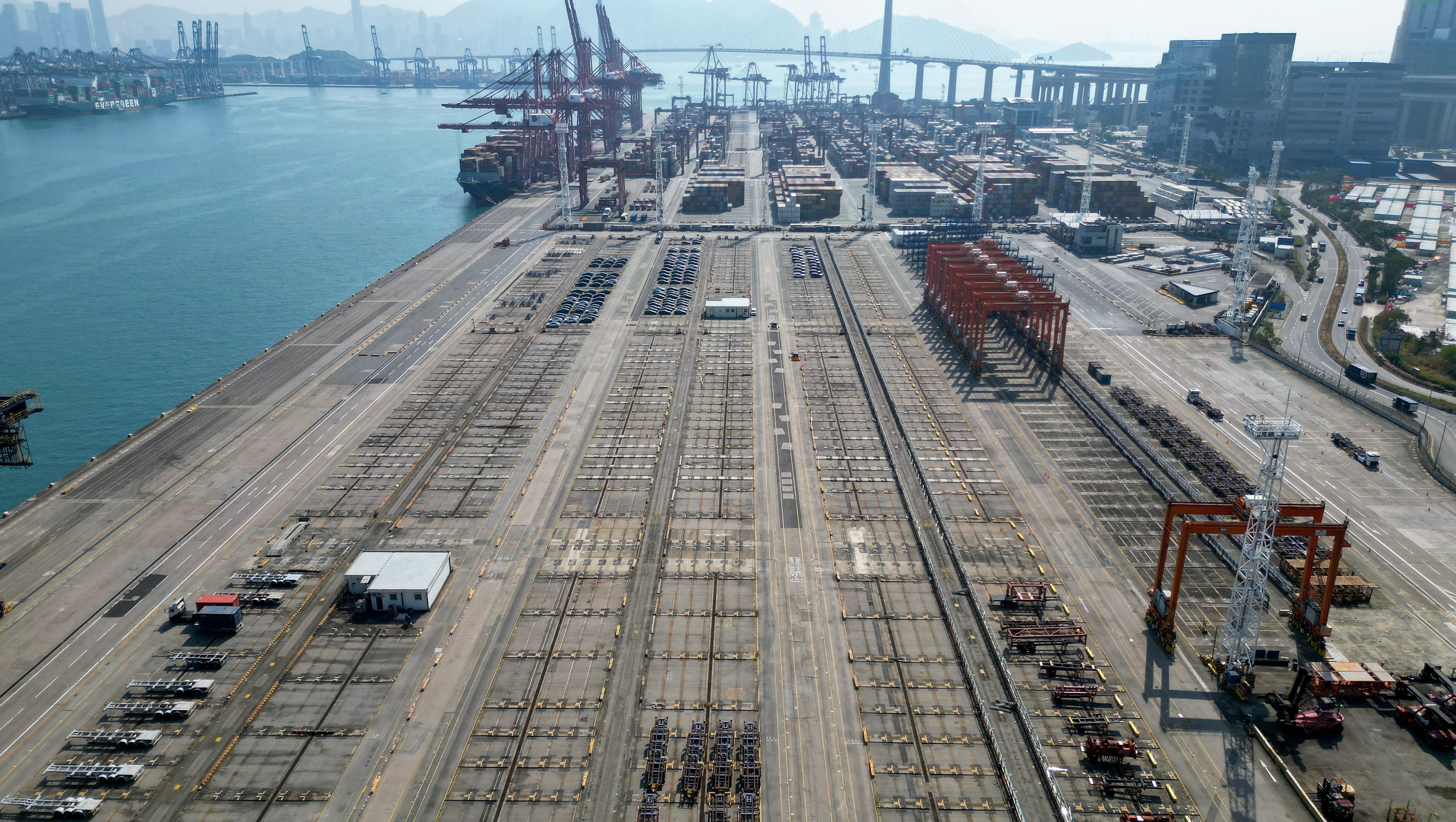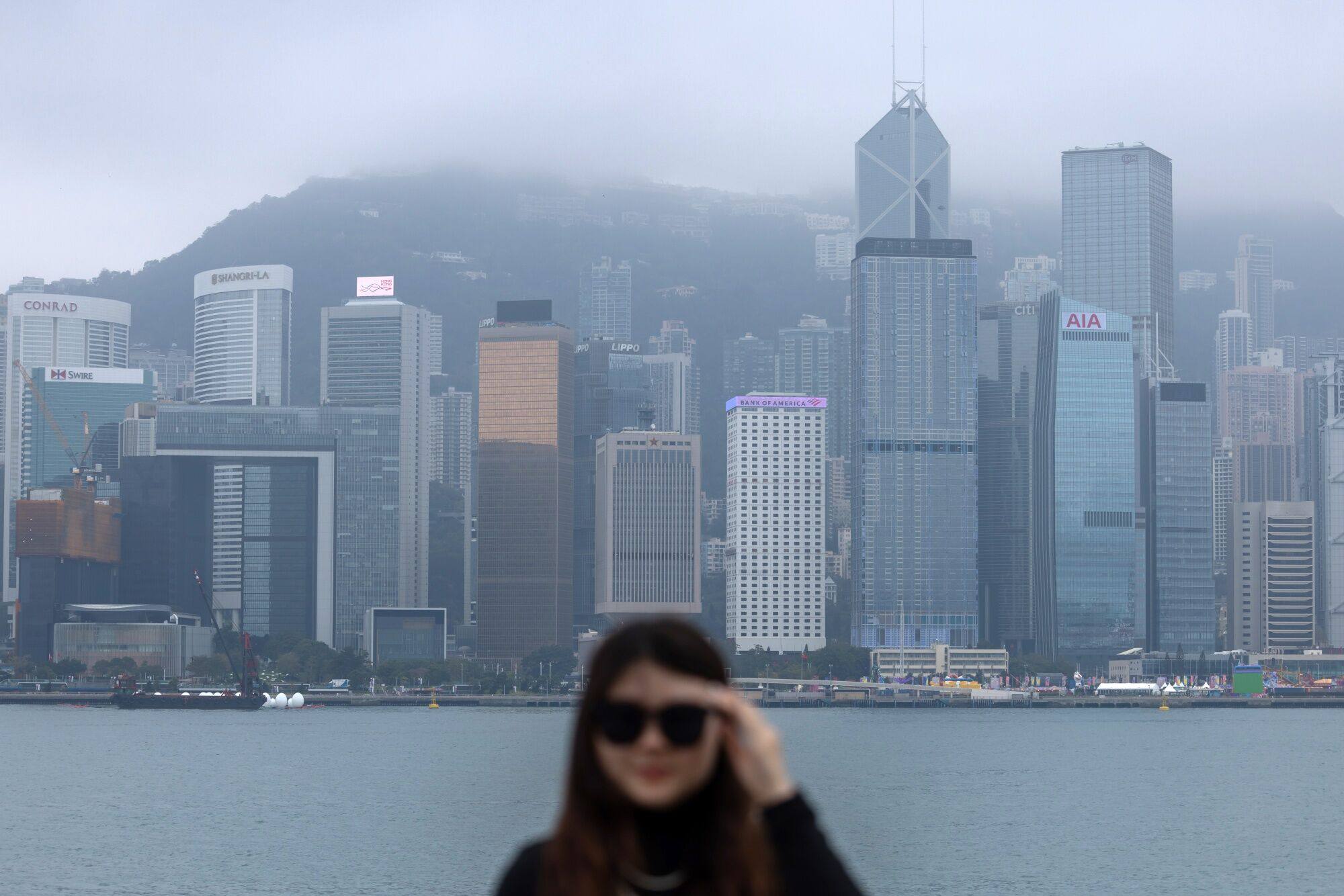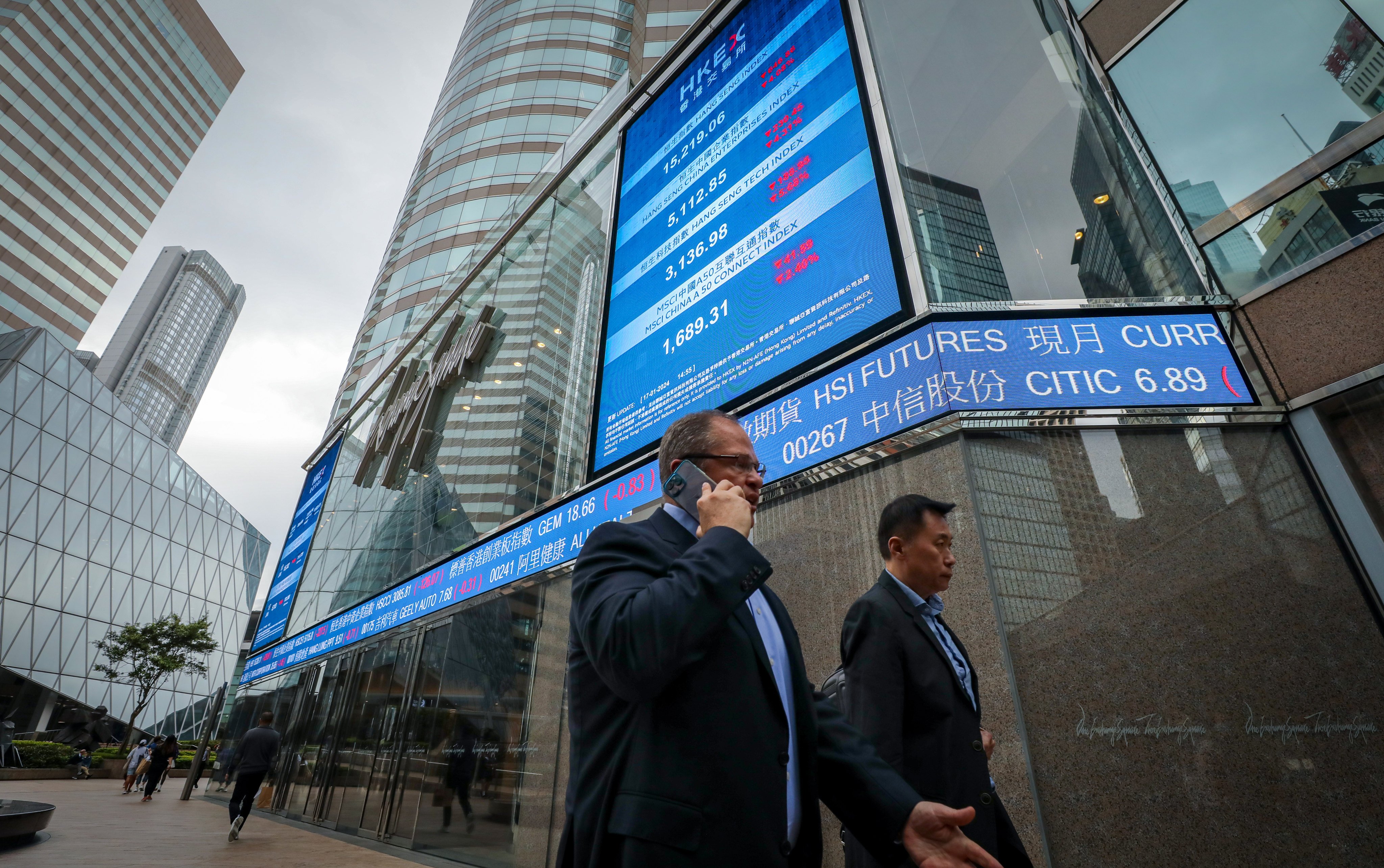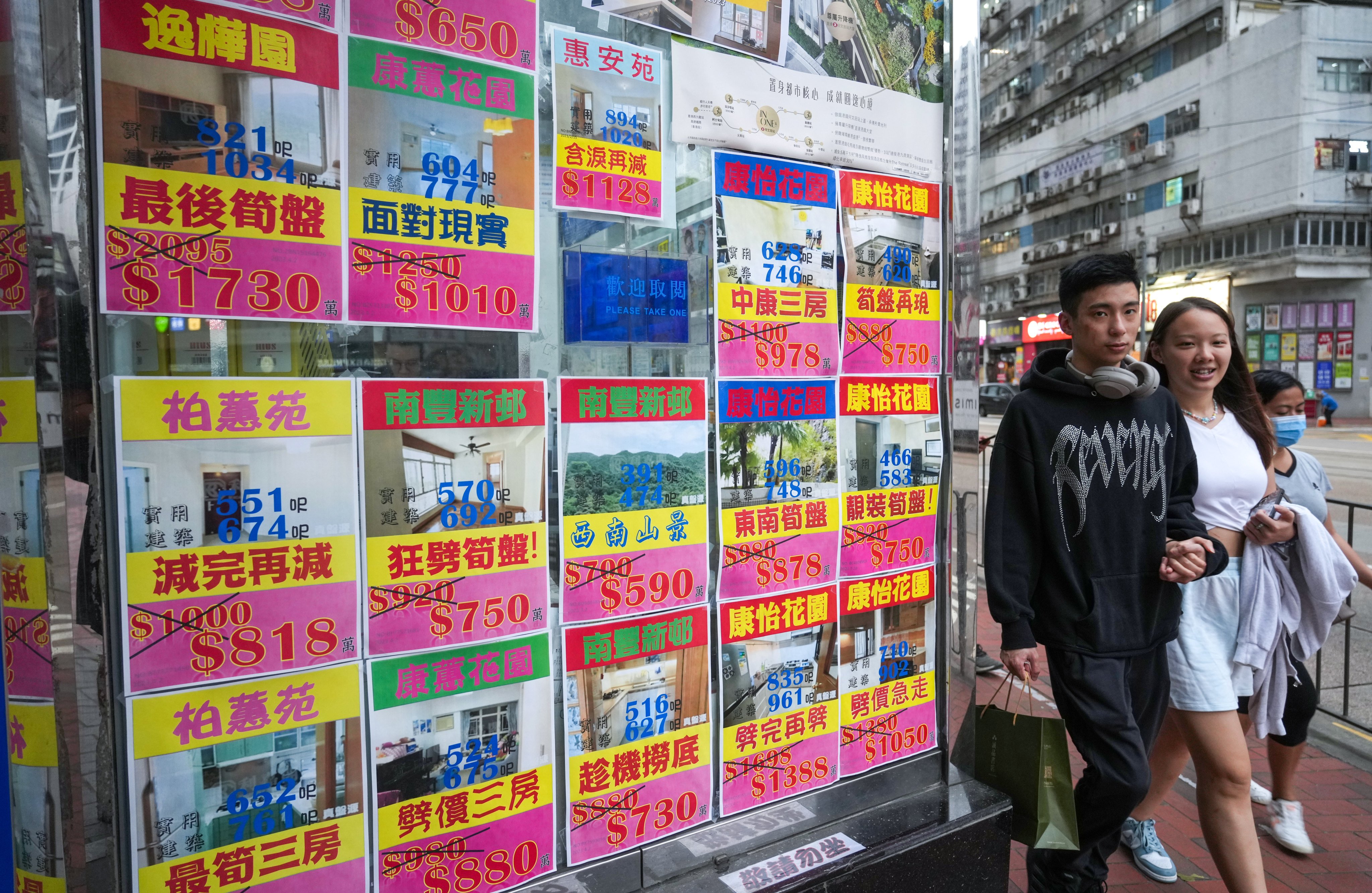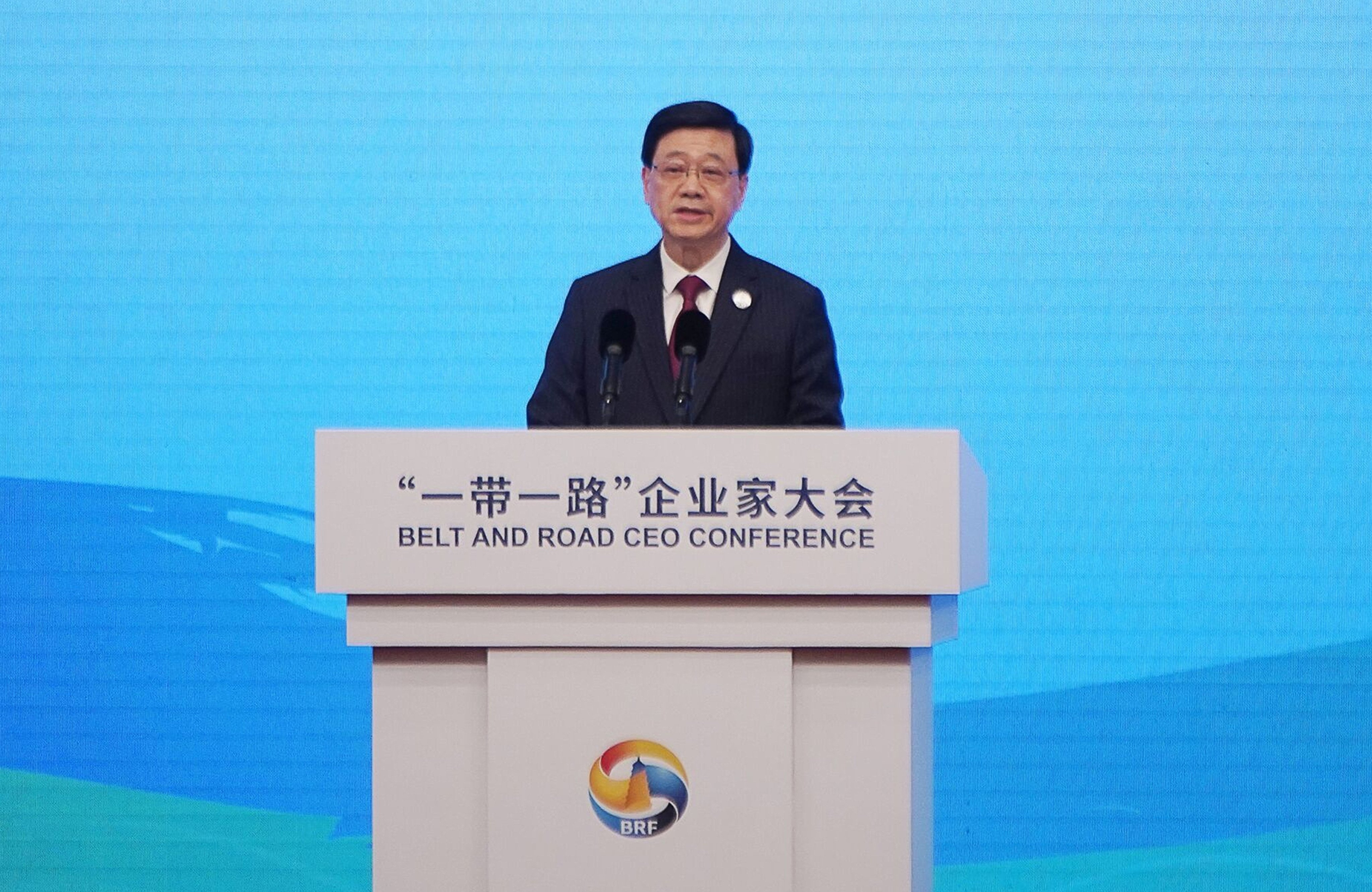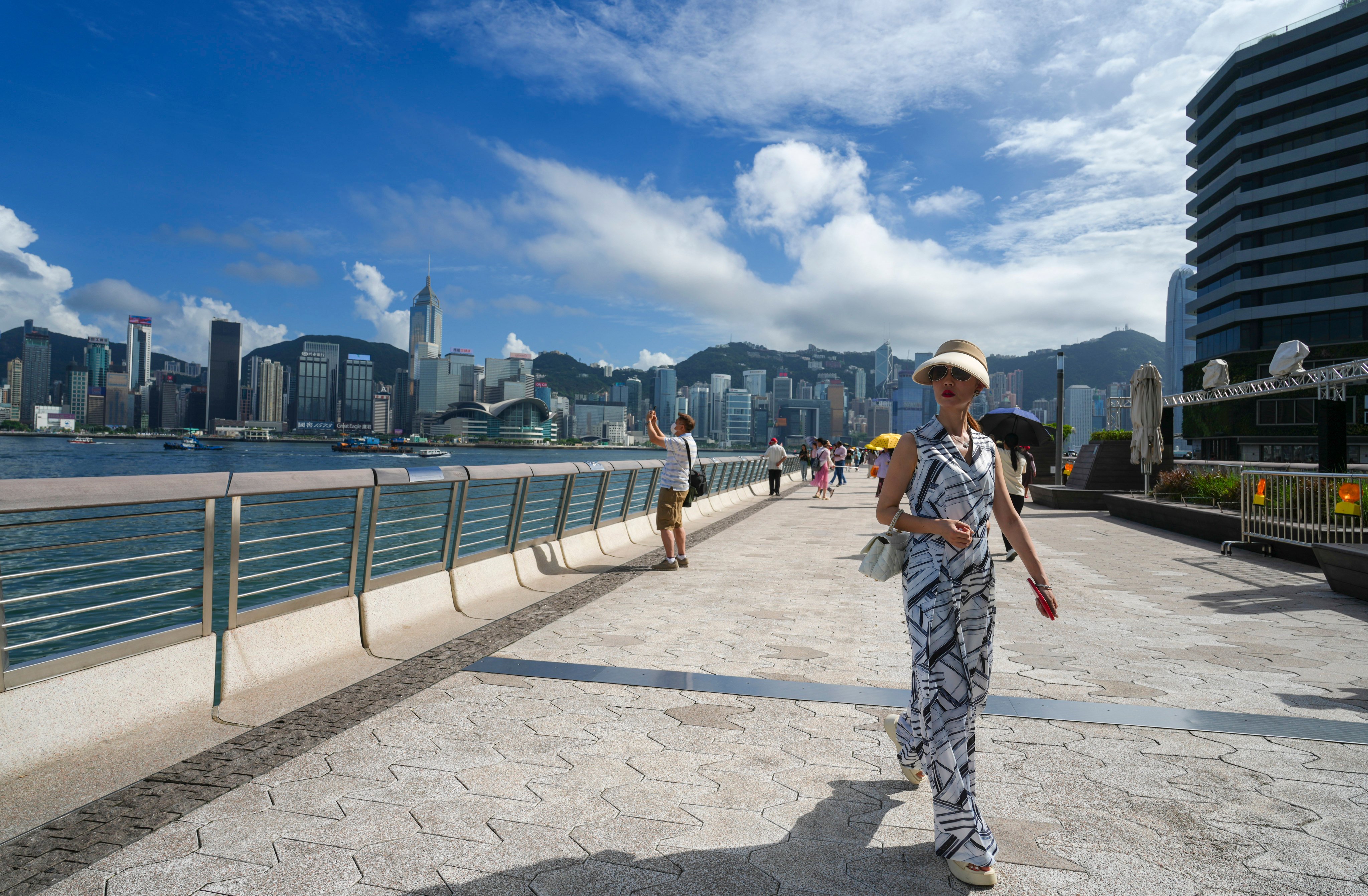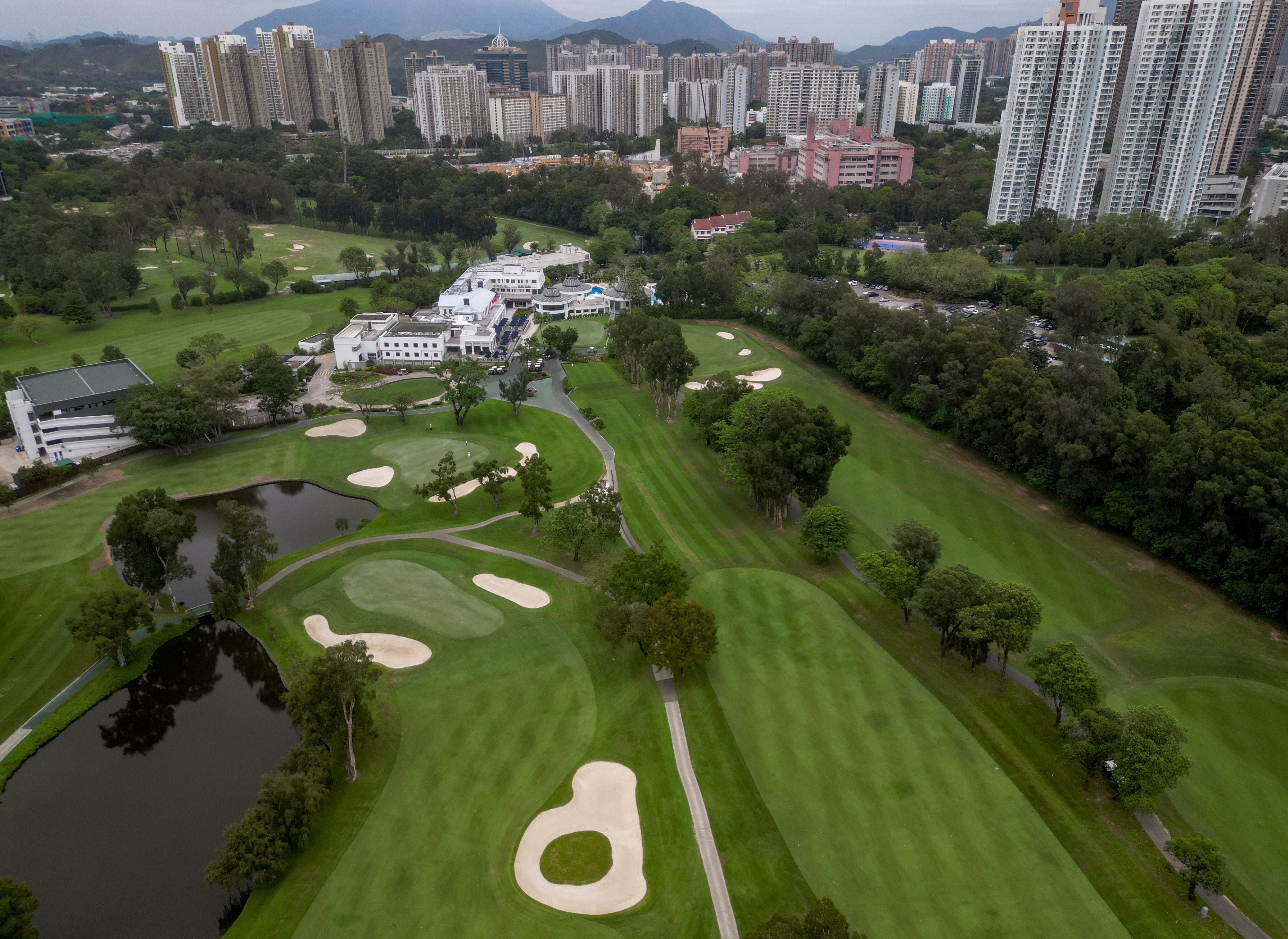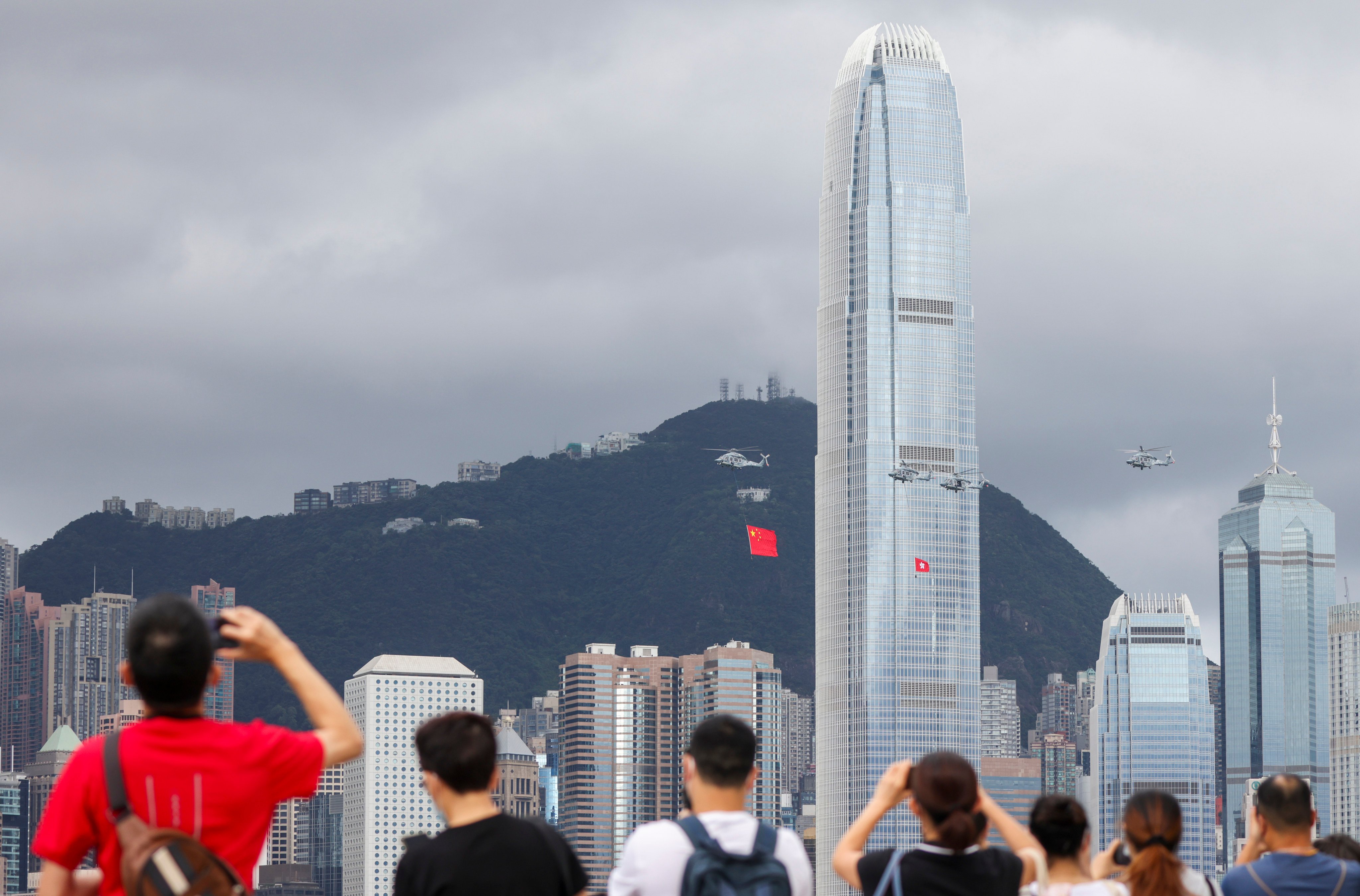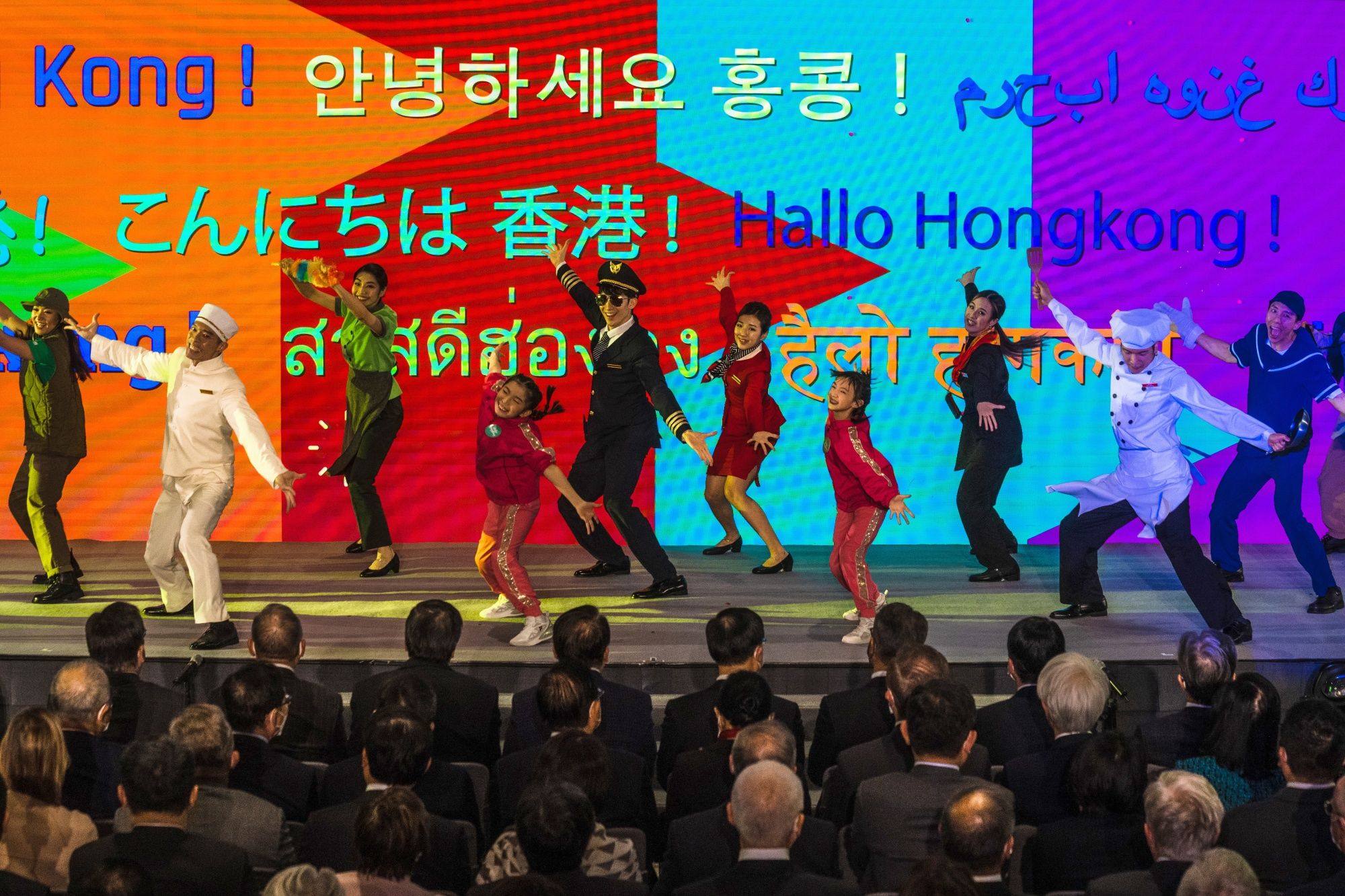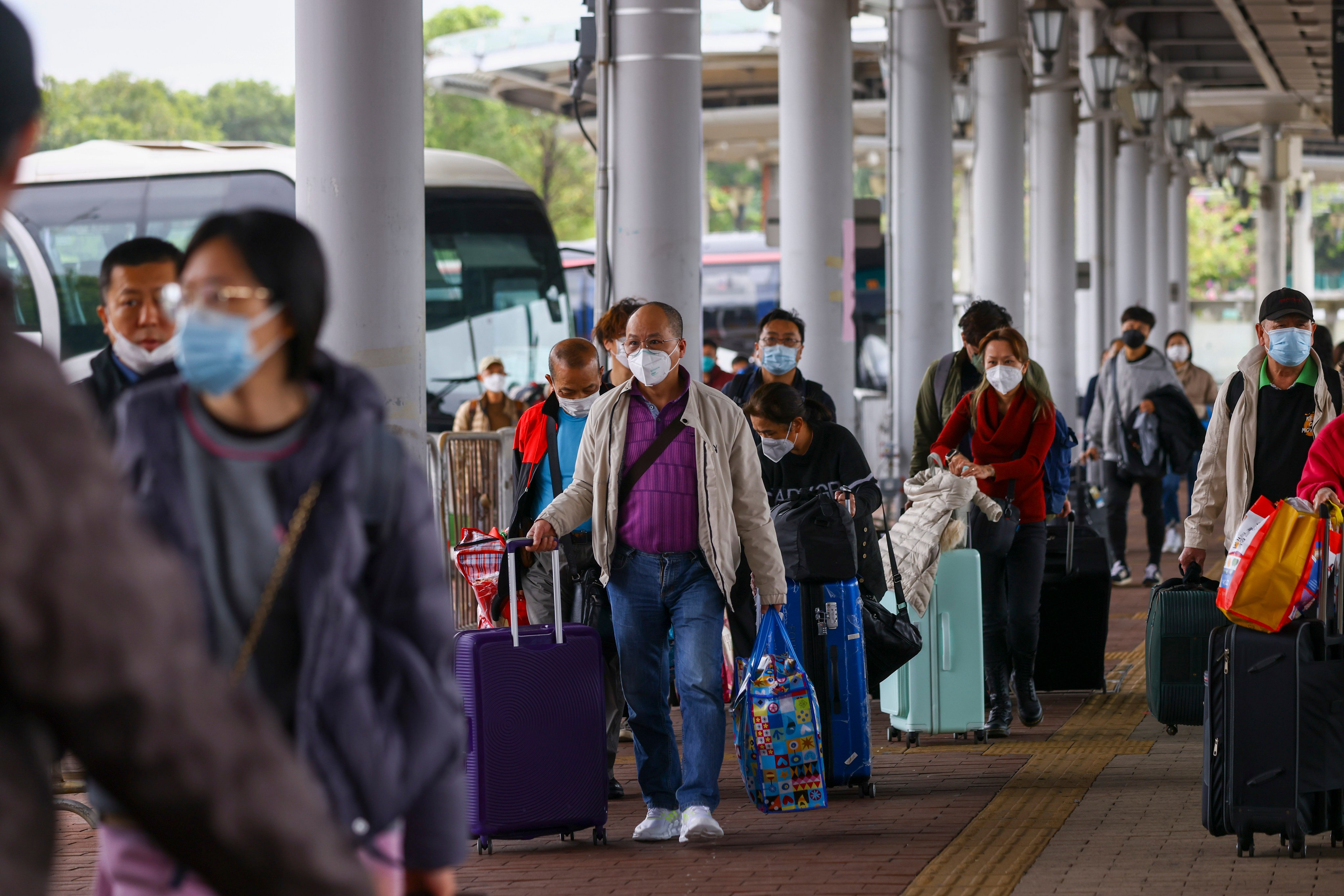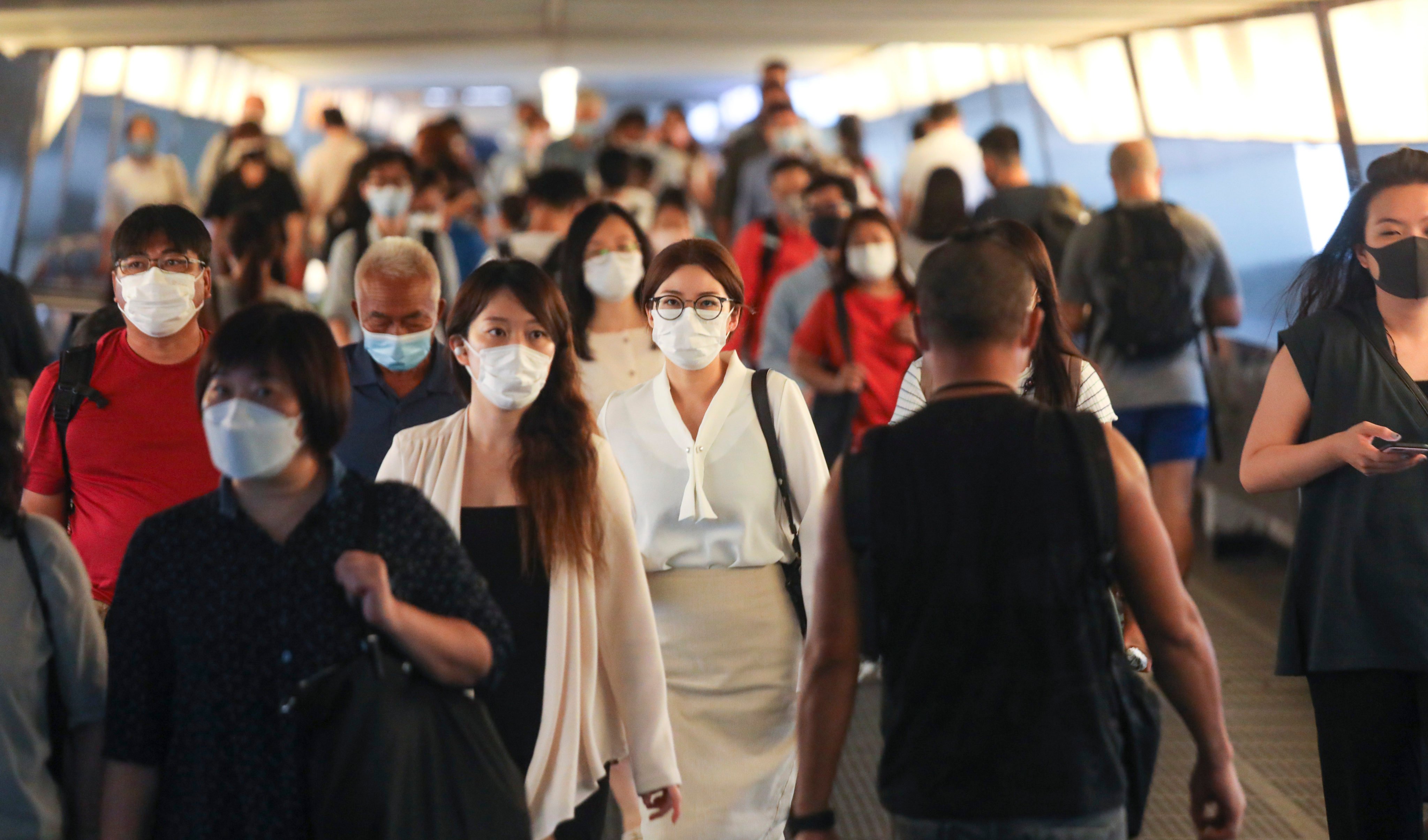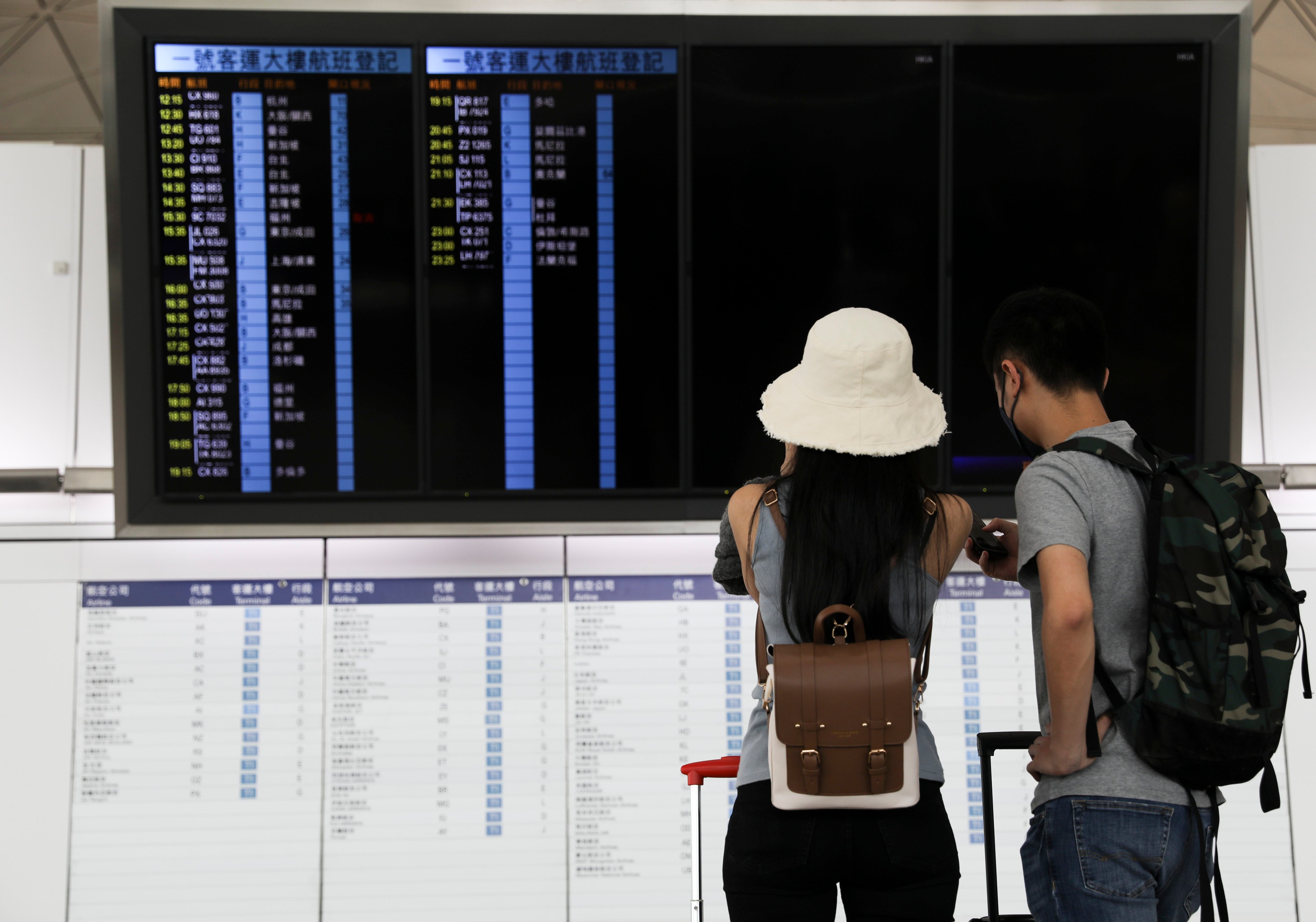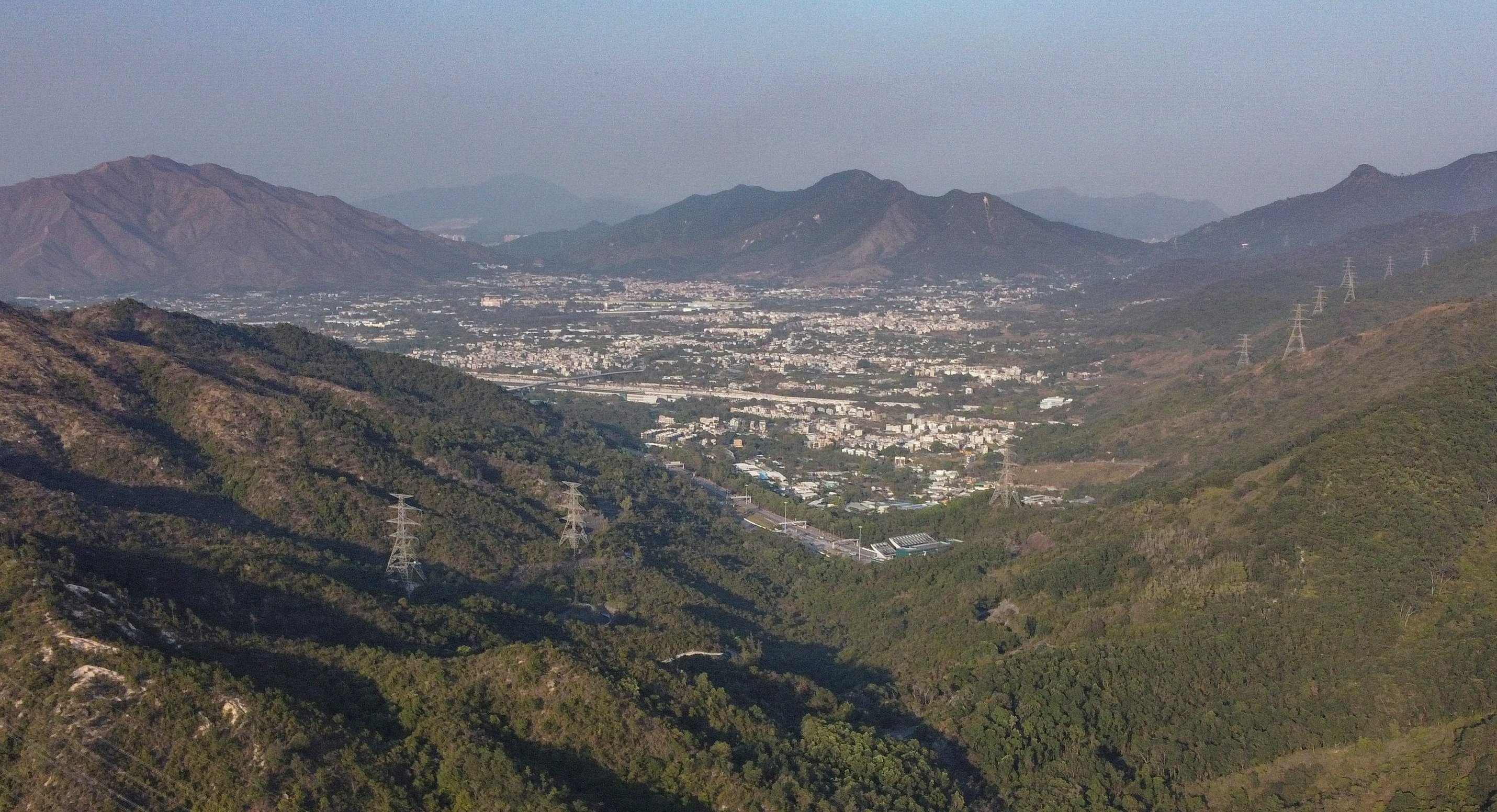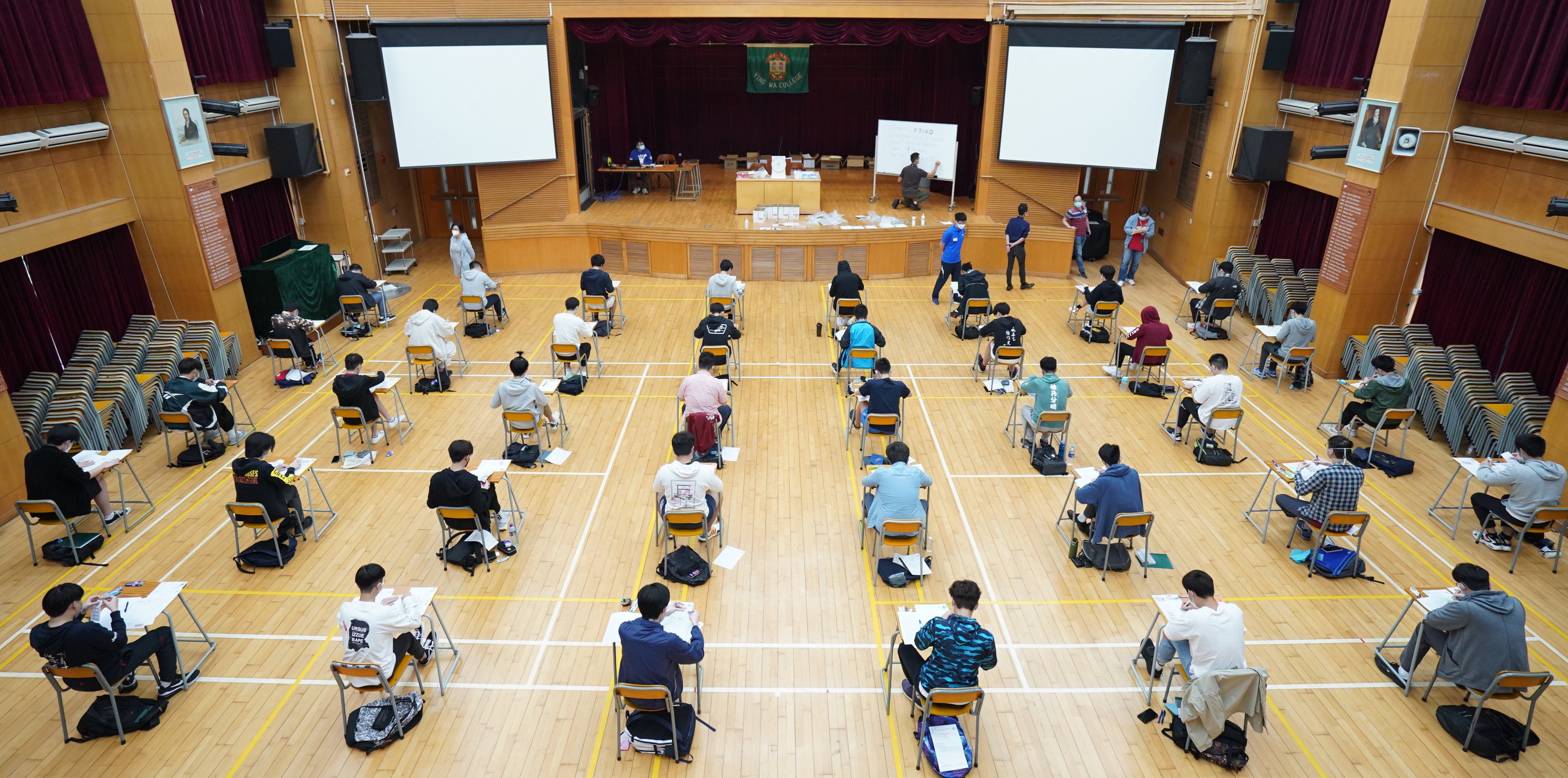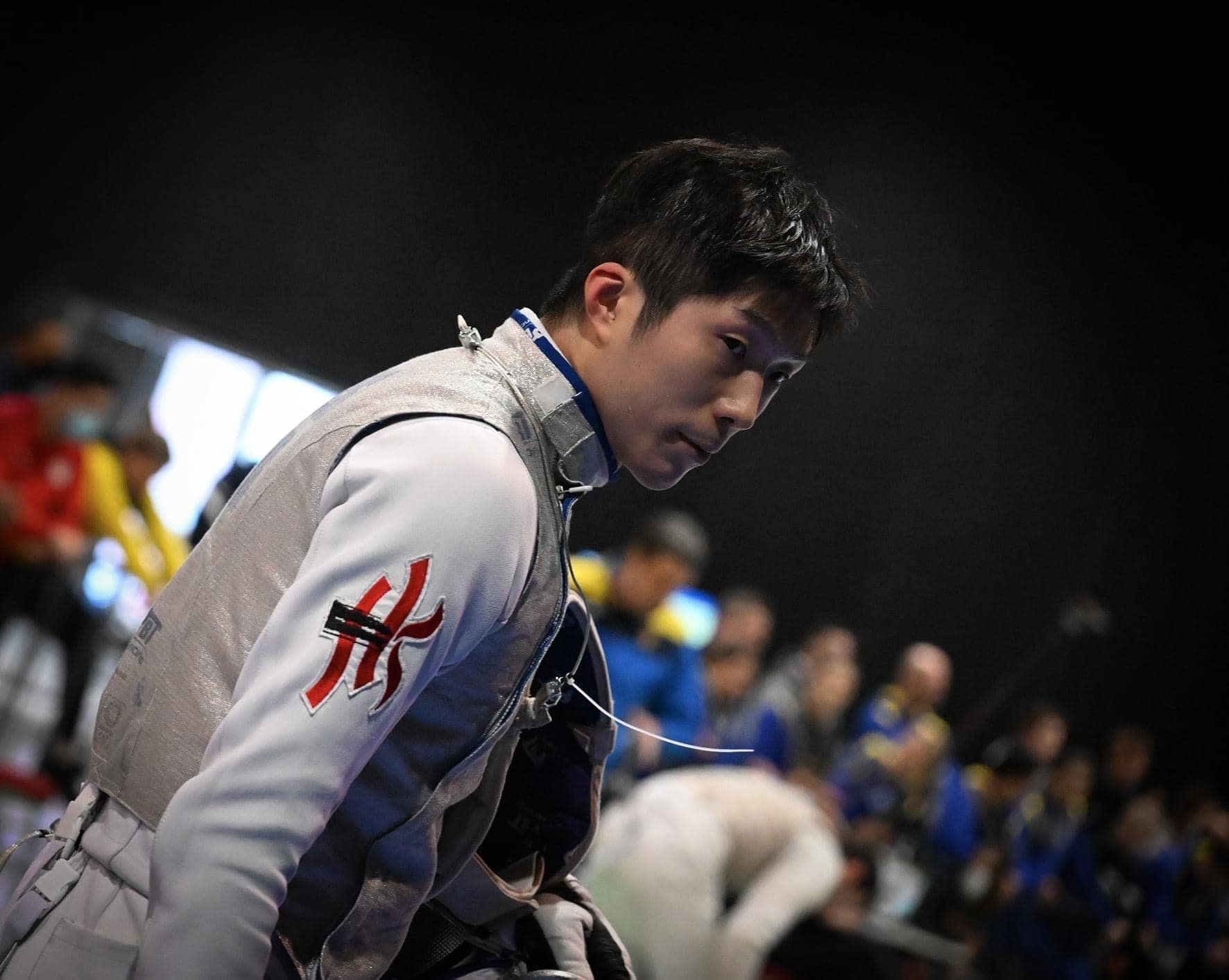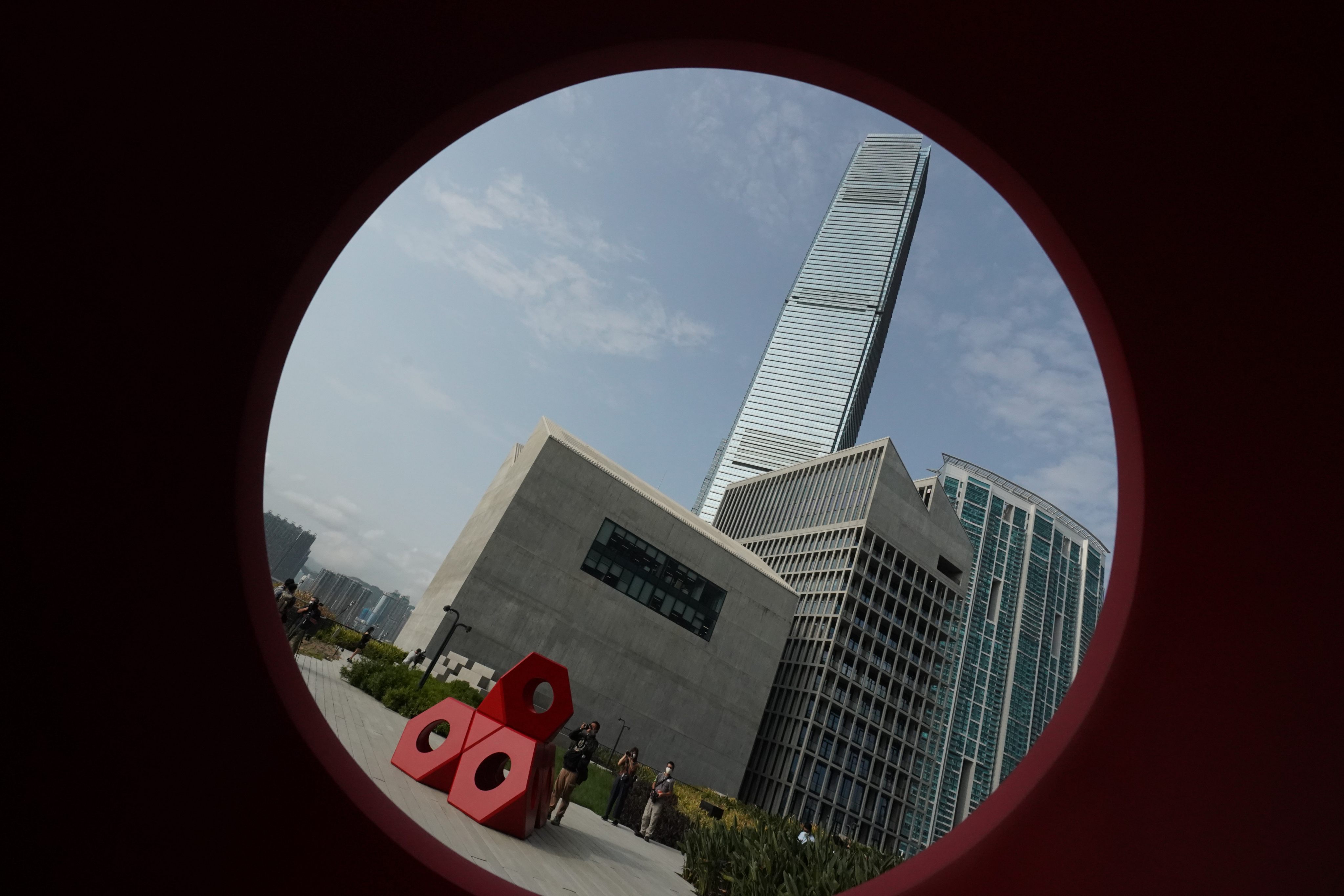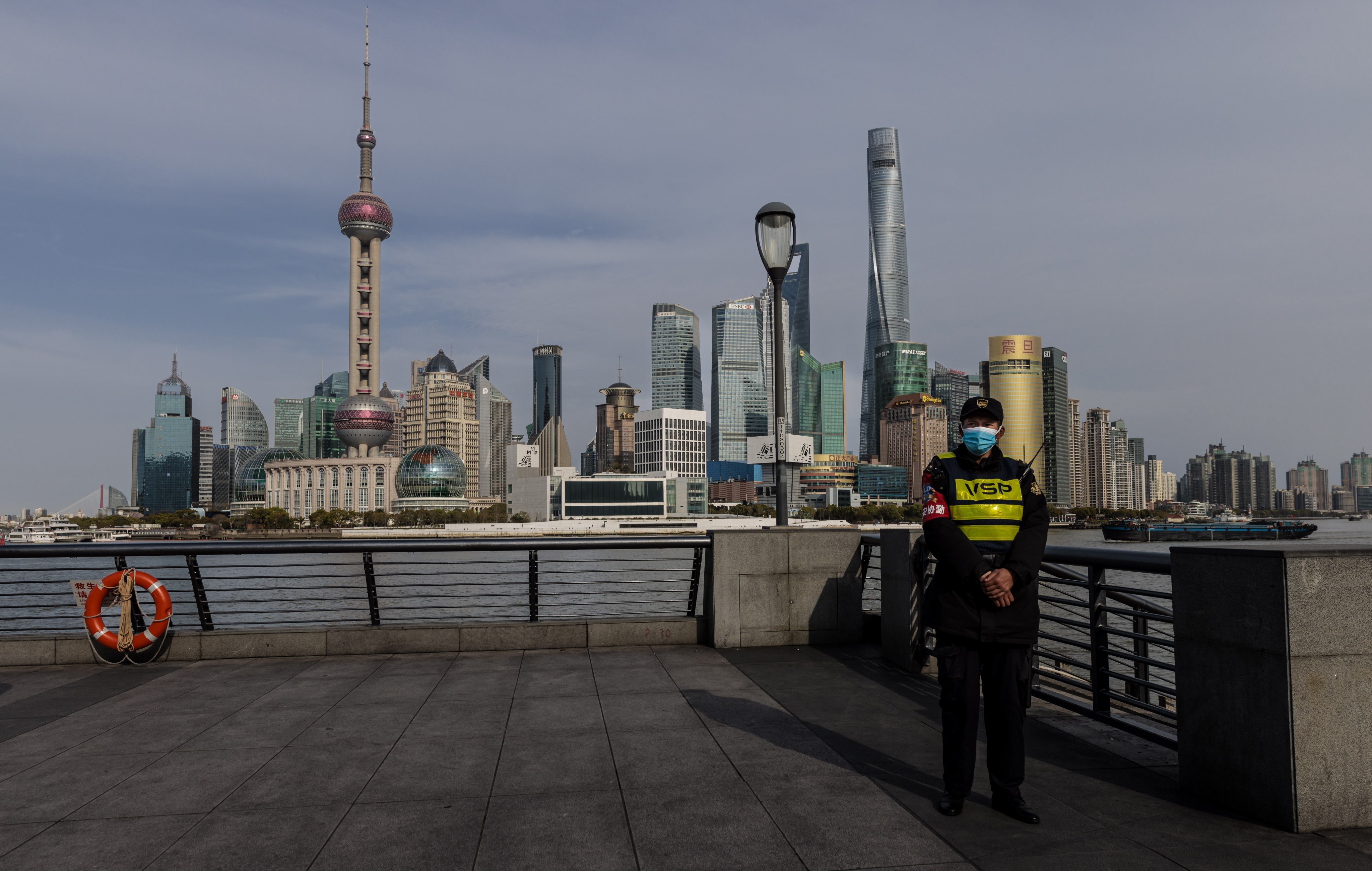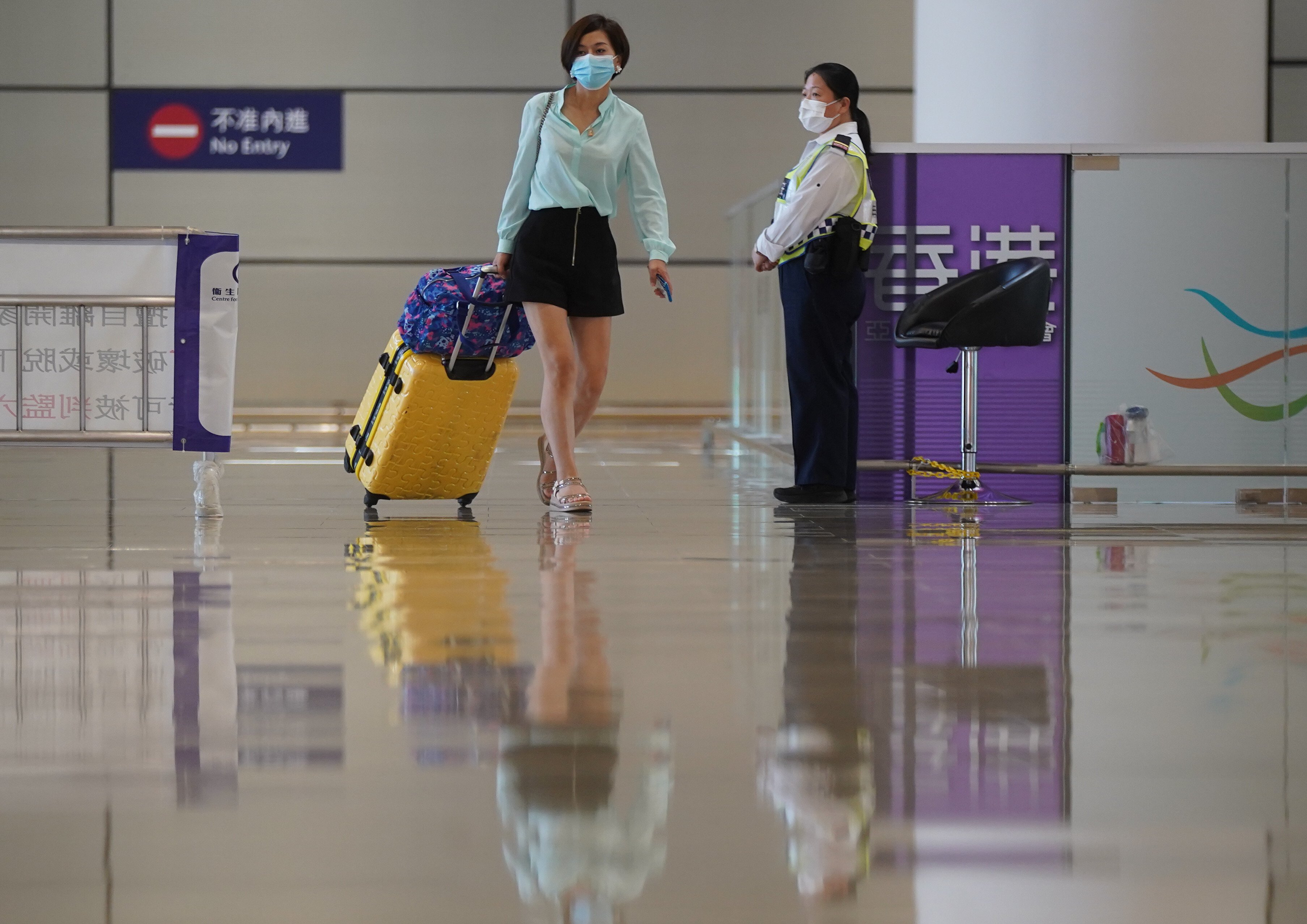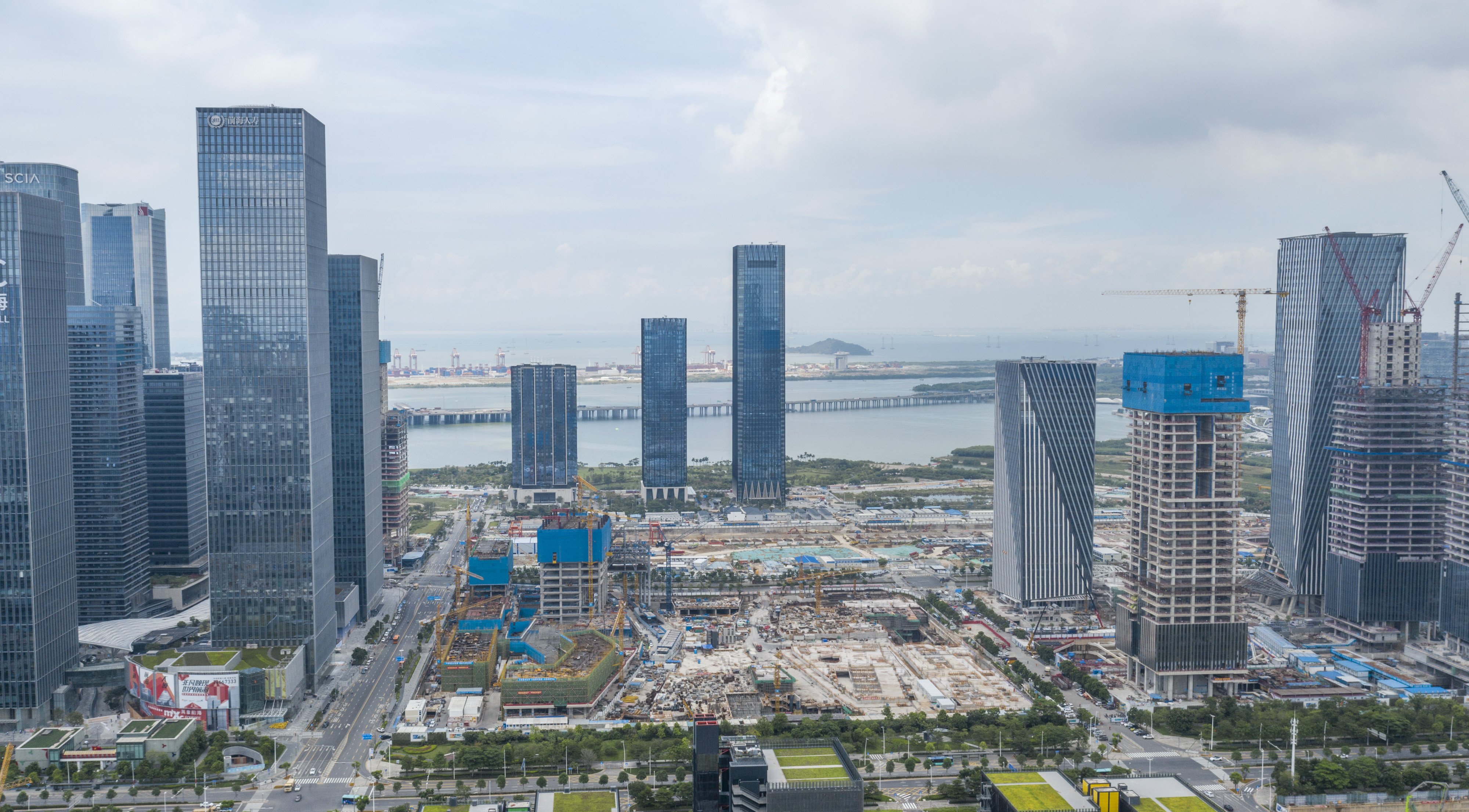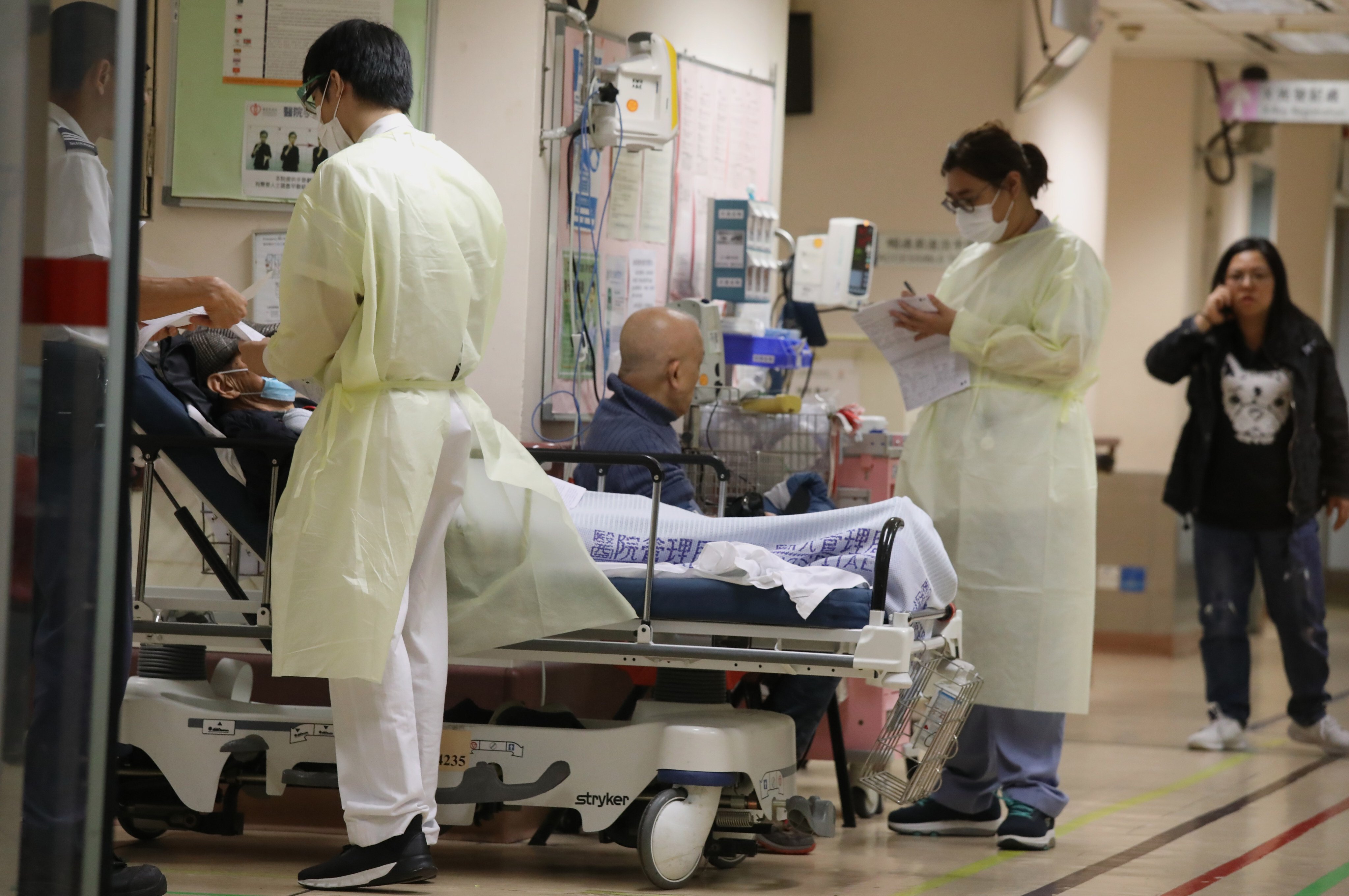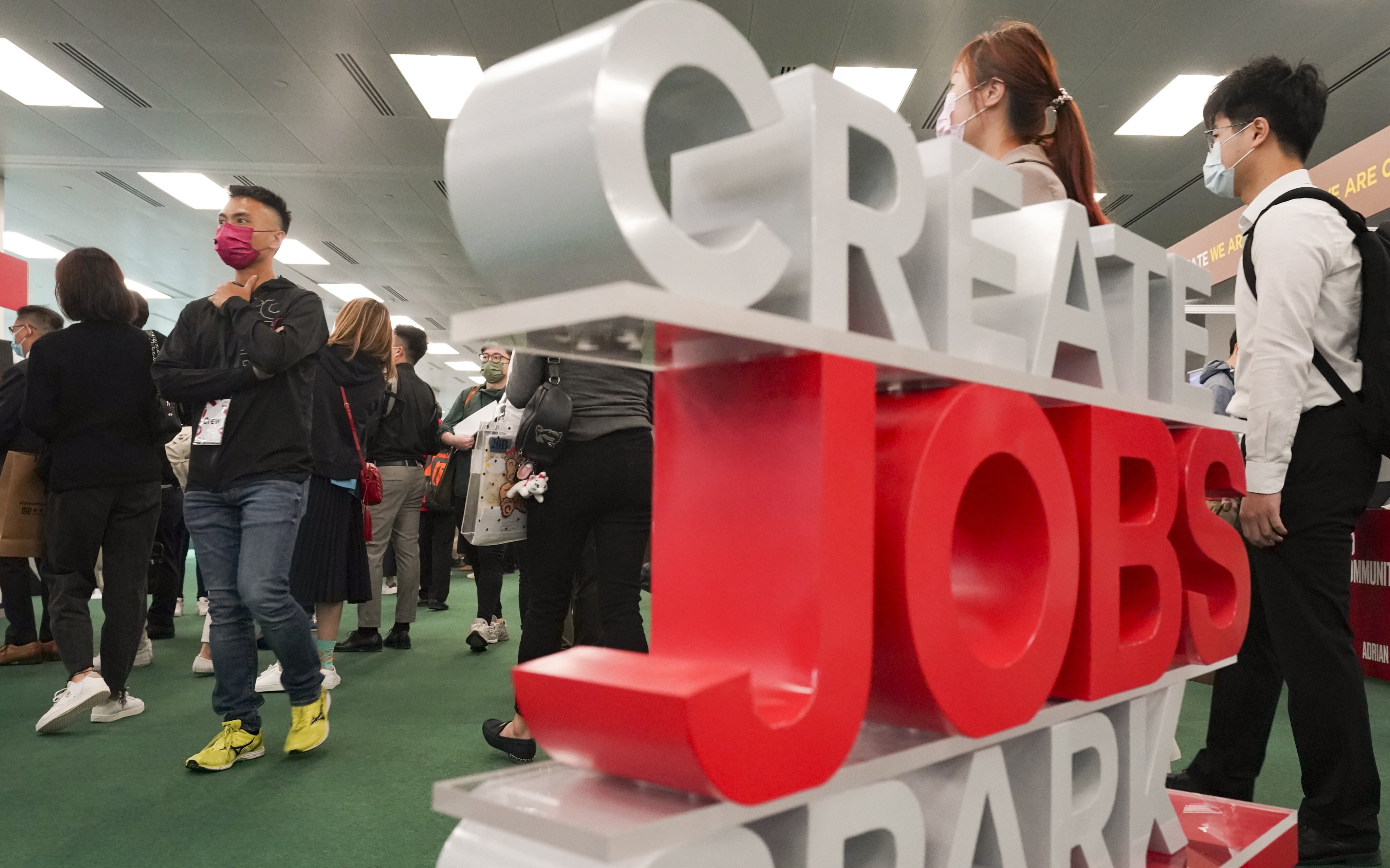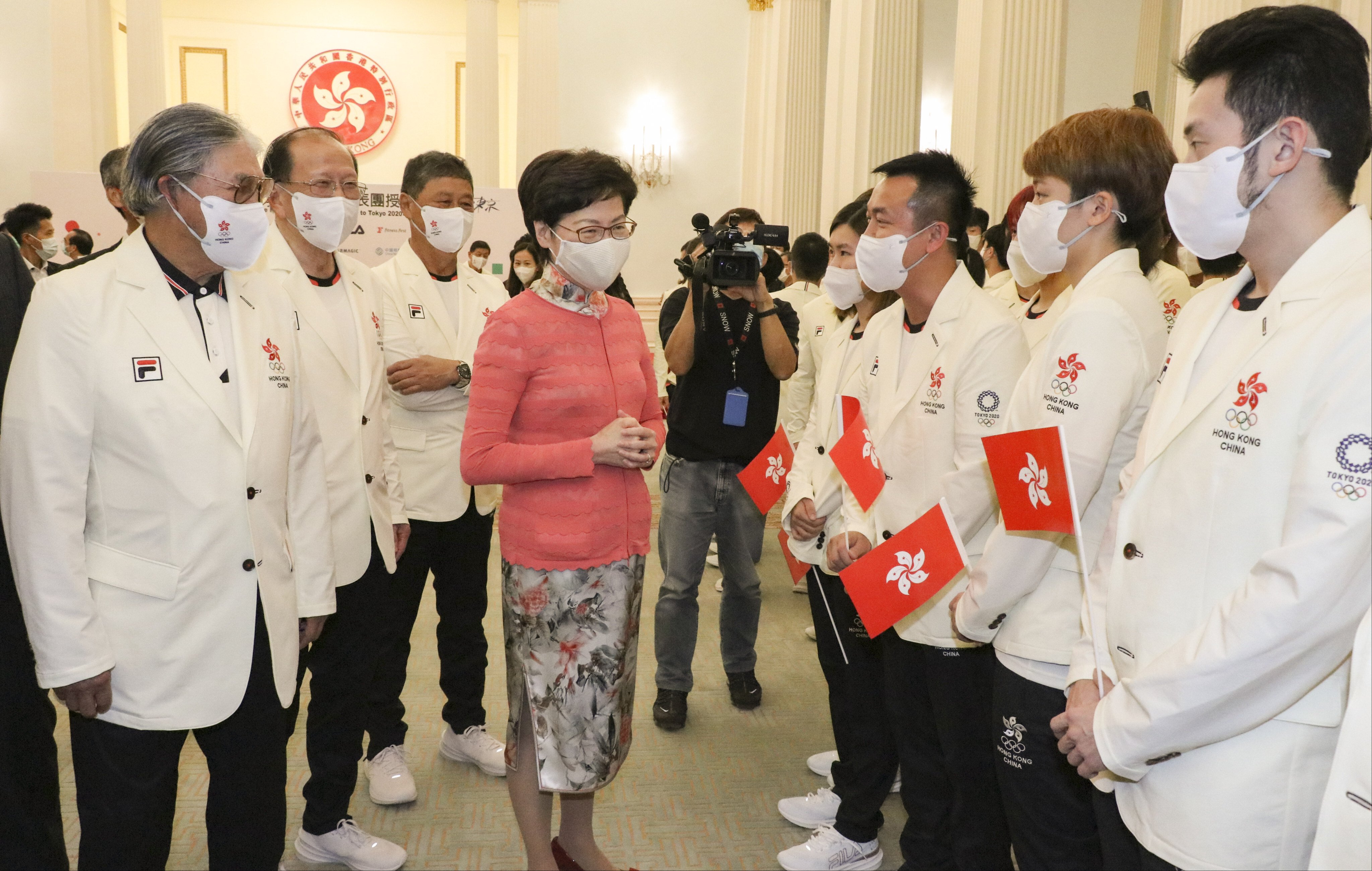Advertisement
Advertisement
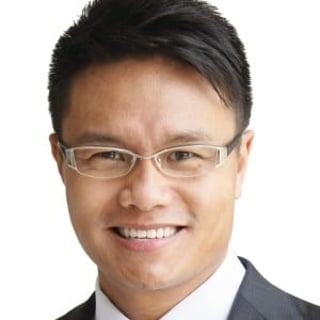
Ken Chu
Ken Chu (LLD) is the chairman and CEO of Mission Hills Group with businesses in hospitality, leisure, entertainment, sports, wellness and education in China. Born in Hong Kong, he graduated from the Western University in Canada. He feels fortunate to have witnessed the success of China’s economic reform, and firmly believes Hong Kong will continue to be a leading global metropolis.
Hong Kong and the mainland are seeing rises in foreign arrivals, and working together could drive the city’s tourism industry to new heights.
As gateway cities to the world, Hong Kong and Shenzhen have an opportunity to carve out a leadership role in the global low-altitude economy.
Hong Kong has slipped down the ranks of the world’s busiest ports, but the city should take this development as a chance for transformation. Using the land occupied by struggling container terminals for a theme park or fintech hub could help revive the city’s economy and drive collaboration with the Greater Bay Area.
Hong Kong has been struggling to find its post-pandemic footing, with the stock market slumping and tourism not yet back on track. For the city to play the pivotal role expected of it in the Greater Bay Area, it must distinguish itself by providing goods and services of premium quality and lean into technology.
Advertisement
The central government may have stepped in to defend markets but Hong Kong needs to also show its ability to fend off regional challengers, such as by tapping its Middle East and belt and road connections.
The government must strike a balance between property cooling measures and the need to maintain a stable housing market. It could consider reintroducing the Capital Investment Entrant Scheme of 2003, albeit with some restrictions, and offering further stamp duty relief to young couples.
Hong Kong can contribute substantially to the growing success of the Belt and Road Initiative and boost the city’s recovering economy – but first, it needs a concrete plan of action.
Shopping is out of fashion – most holidaymakers are more eco-minded and adventurous. Promoting the city as an arts and culture hub, and offering more recreational activities, could recapture tourists.
The city now has the Northern Metropolis and artificial islands developments in the works, alongside a shrinking population and shorter waiting times for public housing. Building on the Fanling site could see us lose business opportunities and prestigious golf tournaments.
‘Godfather of AI’ Geoffrey Hinton has raised the heat on the AI debate amid fears over godlike technology. But AI’s benefits far outweigh the risks – as long as we develop protocols and rules to ensure its ethical use.
The central government’s commitment to the ‘one country, two systems’ principle in Hong Kong was apparent at the country’s annual parliamentary meetings. However, the city must efficiently tackle challenges ranging from housing to innovation and technology development to meet the central government’s expectations.
As cities ebb and flow, so will their image and brand, and this brand must keep up with tourists’ constantly evolving tastes and expectations. Hong Kong could benefit from moving away from images of junk boats, dim sum bamboo baskets and rickshaws to something more modern, vibrant and relevant.
While the border closure put travel opportunities on hold, it also stalled plans for Hong Kong to build closer links with the Greater Bay Area. The challenge now is to strike a workable balance between prosperity and pandemic prevention.
From loss and damage to carbon trading, money can be an incentive for climate action, and Hong Kong can play a major part as a centre of climate finance. But this is not enough.
Comprehensive plans include a government-led recruitment drive, new and streamlined visa schemes and strikingly, a stamp duty refund. But perks are not enough; Hong Kong’s innovation, technology and other related industries must also grow to complement talent attraction schemes in the long run.
The city must help young people reach their potential and instil a sense of belonging, while increasing university places for non-locals, letting them stay longer after graduation. It could also raise the retirement age, learn from rival cities in offering incentives and rope overseas trade offices into the recruitment drive.
Mega projects like the Northern Metropolis and proposals to build on the fringes of country parks and utilise brownfield sites show land can be found. The city needs to show boldness and determination to change ideas around land use and planning to fix its persistent housing shortage.
We must not allow tunnel vision and outdated notions of success to funnel top students into only pursuing careers in medicine. Our brightest young minds should look to other fields in science and technology while seeking opportunities in the Greater Bay Area.
The government’s promise to invest in sport could mean more future Olympians and historic wins for the city, but the sector will need to make money too. Hong Kong can’t rely on major league matches and sponsorship deals to generate profit, so it should play to its strengths in areas like sports tech and tourism.
An overlooked benefit of the overhaul is the ability to create synergy and to promote the cross-fertilisation of industries. There are ample opportunities for arts, culture, sports and technology, for example, to coalesce for the benefit of Hong Kong.
To restore Hong Kong’s global standing, Lee could do worse than taking his cues from China’s five-year plan, which sets out a vision for developing the city into a hub for innovation and cultural exchange. The combination of finance, technology and art is a winning one – just look at the cosmic rise of NFTs.
To avoid a hard landing, Shanghai has implemented a two-step lockdown and kept vital public infrastructure and transport operational. Flexibility and adaptability are key to ensuring the success of the ‘dynamic zero-Covid’ strategy; this is not the time to give up the fight.
In addition to outlining the most pressing issues facing the economy, the recent work conference also emphasised the need for entrepreneurs, who are vital to help China achieve common prosperity and create a bigger economic pie for the entire country.
Even a limited reopening between Hong Kong and Guangdong will be a relief for struggling businesses and cross-border families. Privacy concerns aside, officials should also consider the practical challenges faced by the elderly.
Convenient, efficient rail access to Qianhai from Hong Kong will be an essential part of fostering integration and economic growth. Despite concerns about construction costs and engineering challenges, it is logical and pragmatic for Hong Kong to forge closer ties with Shenzhen.
The latest legislative amendments proposed by the government to ease entry barriers for foreign-trained doctors deserve our support in principle, but our own medical students must not lose out on any opportunities.
Hong Kong’s small market and narrow economic structure offer limited choices for graduates to pursue their dreams. Opportunities are unfolding across the border, as the likes of Shenzhen roll out measures to attract young people from Hong Kong and Macau.
While some argue that funding translates into Olympic success, other factors, such as population, culture and geography, play a role. Hong Kong should invest more in fostering a love of sports early in children.
Xi Jinping understands the importance of branding, and his call to party cadres to present a good image of China is timely, in view of the increasingly negative perceptions of the country in the West. Impersonal facts and dry statistics, plus matter-of-fact reports on its achievements, may not easily touch the hearts of ordinary people.
Countries that are ahead in the race to herd immunity are reopening their economy and borders, and societies grappling with vaccine hesitancy, like Hong Kong, must step up efforts to catch up.

